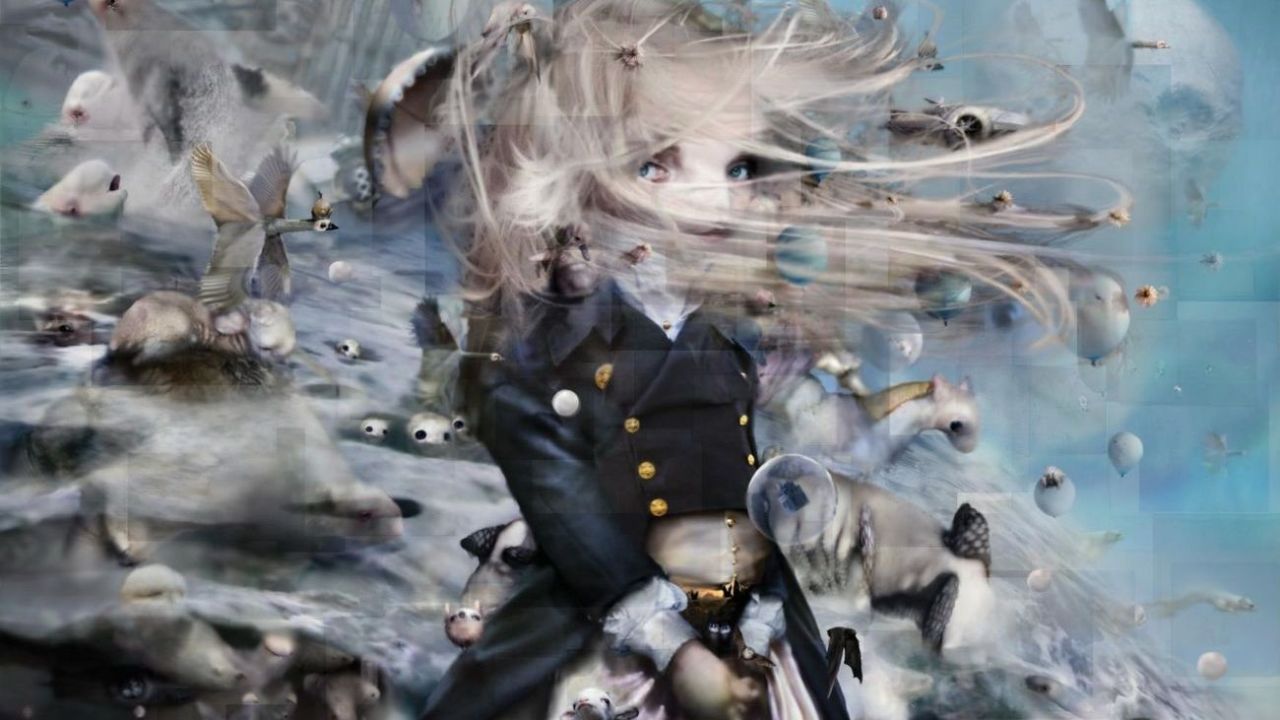You can trust Louder
Eight years since their last release, Blondie’s ninth studio album is effectively a third-act comeback in a rock soap opera spanning almost four decades.
Delayed by line-up changes and label problems, Panic Of Girls is a self-released affair sumptuously packaged in strikingly surreal sleeve artwork by Chris Berens. Creative credits are mostly shared between singer Debbie Harry, newer recruits and outside songwriters, making co-founder Chris Stein a minority contributor.
The result is a scrambled mix of moods and styles, lacking focus at times. But Panic Of Girls is also clearly the work of seasoned elder statesmen, and arguably Blondie’s most musically diverse and emotionally mature album to date. No longer punk-pop pups, Harry and Stein are acting their age. Hence any new wave purists expecting classic powerpop anthems might be disappointed.
The closest they will get is the engagingly feisty opening trio of D-Day, What I Heard and Mother, which blend plastic-punk nostalgia with more contemporary Europop elements. Reggae numbers are also surprisingly prominent. Blondie proved comfortable with lilting tropical rhythms on their 1980 remake of John Holt’s The Tide Is High, but Panic Of Girls is positively awash with them. Admittedly the cover of Girlie Girlie, an old hit for Sophia George, leans towards novelty hotel-bar cabaret, but it still has an agreeably sloppy charm. Much better is The End The End, a slinky tumble of lover’s rock with Harry’s voice a creamy purr of romantic intoxication. And Sunday Smile is terrific, a brassy fusion of reggae and Balkan wedding-band sounds.
Condon turns up again playing trumpet on Le Bleu, a tumbling waltz-time chanson with Harry’s bluesy vocals delivered in ennui-drenched, Gitane-smoking French. Indeed, the singer displays her multilingual skills right across the album, switching to Spanish for Wipe Off The Sweat, an upbeat blast of latin disco-funk which redeems its Gloria Estefan-style cheesiness with sheer exuberant bounce. It should be wrong but it feels so right.
There are a few forgettable plodders, but no real stinkers. Overall, it’s oddly reminiscent of recent U2 efforts: a little incoherent and overproduced, short on killer anthems, but still buzzing with energy and ideas. Given their long and chequered history, Blondie’s latest comeback is a pleasingly mature and ambitious piece of work.
Sign up below to get the latest from Classic Rock, plus exclusive special offers, direct to your inbox!
Stephen Dalton has been writing about all things rock for more than 30 years, starting in the late Eighties at the New Musical Express (RIP) when it was still an annoyingly pompous analogue weekly paper printed on dead trees and sold in actual physical shops. For the last decade or so he has been a regular contributor to Classic Rock magazine. He has also written about music and film for Uncut, Vox, Prog, The Quietus, Electronic Sound, Rolling Stone, The Times, The London Evening Standard, Wallpaper, The Film Verdict, Sight and Sound, The Hollywood Reporter and others, including some even more disreputable publications.


